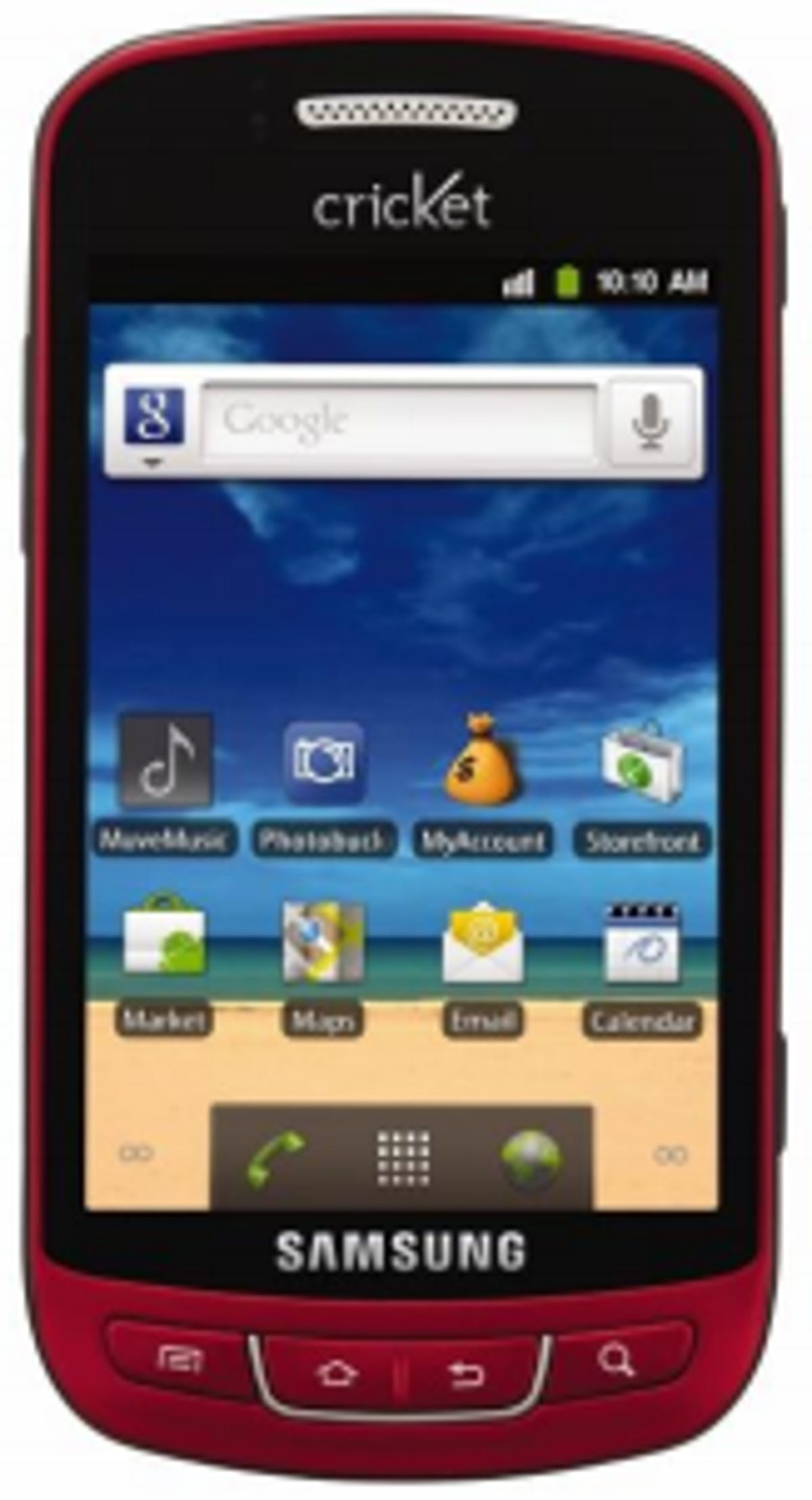Leap Wireless and its Cricket prepaid wireless service are ready to take the national stage.

Cricket Wireless
Starting Sunday, Best Buy will begin selling Cricket in 1,300 stores around the country, and not just within Leap’s region.
This marks the first major step for Leap in its effort to turn into a national brand. The company previously operated its network and served customers in select markets as a regional player, but last year signed a reseller agreement with Sprint Nextel to use its network around the country.
The expansion allows Leap to tap into a much wider audience of consumers hungry for more affordable wireless service. But it also puts the company in direct competition with other national players that offer similarly attractive prepaid plans, including T-Mobile USA, Virgin Mobile, and Boost Mobile. These brands are found in both their own stores and at major retailers such as Best Buy as well.
“This was a chance to build national retail into a larger role for us,” Leap Chief Executive Doug Hutchinson said in a recent interview with CNET. “I’m looking forward to building that channel.”
But with competition already stiff, it’s unclear if Leap can keep up. The company is in the midst of turning itself around by focusing more on smartphone customers and truly flat-rate plans, much like fellow regional prepaid provider MetroPCS. But the company is still early in its turnaround, having lost more than 100,000 customers in the last quarter.
The national carriers AT&T and Verizon Wireless are looking more closely at the prepaid markets and recently released new offers.
Hutchinson said the trends for Leap are improving, and that the company’s expansion into the national scene should drive continued customer growth.
Leap is hoping its affordable plan, as well as its streaming music service, will set itself apart in the store. The company offers smartphone plans for as much as $55 a month, as well as a basic phone plan as low as $25 a month. Unlike the unlimited minutes offered in its home region, three of the Best Buy plans come with 1,000 minutes, while the lowest priced plan comes with 300 minutes a month.
The phones include the Samsung Vitality, an Android smartphone that costs $199.99; the ZTE Score, another Android smartphone for $129.99; and three basic phones that cost between $79.99 and $39.99.
Related stories:
Best Buy introduces ZTE Score, Chorus for Cricket
AT&T talking to rivals about divestitures, report says
Prepaid wireless market hits a snag
AT&T to add new $25 GoPhone prepaid plan
Verizon Wireless to launch $50 prepaid plan
The smartphones are inching toward the $100 price range Hutchinson spoke about last year. He said smartphones will hit that mark or be even less expensive by the holidays.
The two smartphones and one of the basic phones, the ZTE Chorus, feature Leap’s Muve Music. The service, which offers unlimited music and access to 10 million songs, has been a surprise hit within Leap’s territory.
“The progress that we’ve made with our music product is really outstanding,” Hutchinson said, adding that more than 200,000 customers have signed up for the service.
Best Buy represents only the first step in its national expansion. The company plans to offer Cricket to stores run by Wal-Mart, Dollar General, and even the Home Shopping Network.
Leap plans on launching a marketing campaign to promote its wider presence. The company also plans to work with the retailers to jointly promote the products and services, particularly in marketing material that the retailers already distribute. The company also plans to use both Internet advertising and social media to raise awareness.
“We certainly have a lot of experience building brand awareness,” Hutchinson said, adding that there were some advantages to buying advertising for a larger footprint that made it more efficient.
Hutchinson declined to comment on how much Leap would spend on advertising.
Hutchinson was also reluctant to talk about the potential competition it faces in the national scene, instead preferring to talk up the company’s Muve service, which has been popular in its home markets.
“We look forward to the rollout and seeing how we do,” he said. “There’s not another product like it.”
Corrected at 9:15 a.m. PT: The story inaccurately said Leap lost 200,000 customers in the second quarter.



